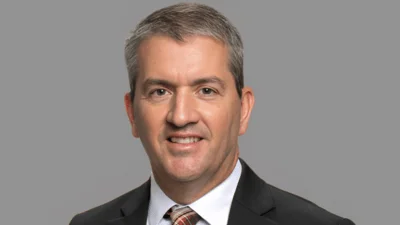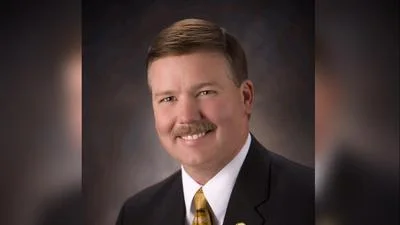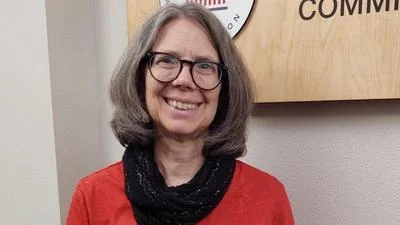Jesse L. James, Wisconsin State Senator for 23rd District | www.facebook.com
Jesse L. James, Wisconsin State Senator for 23rd District | www.facebook.com
According to the Wisconsin State Legislature's official website, the bill was described as follows: "school safety grants and making an appropriation. (FE)".
The following is our breakdown, based on the actual bill text, and may include interpretation to clarify its provisions.
In essence, this bill mandates the Office of School Safety within the Department of Justice to initiate a competitive grant program aimed at enhancing school building safety and providing security training for school personnel in public, private, and tribal schools. It allocates $30 million for these grants, with a maximum award of $20,000 per applicant, and prioritizes schools that have not previously received a safety grant from the DOJ. The Office of School Safety is required to submit annual reports on grant distributions and expenditures to the Joint Committee on Finance, with the program set to end on July 1, 2027. The bill becomes effective following its publication or the publication of the 2025 biennial budget act, whichever is later.
The bill was co-authored by Representative Joy L. Goeben (Republican-5th District), Senator Dan Feyen (Republican-20th District), and Senator Steve L. Nass (Republican-11th District). It was co-sponsored by Representative Scott Allen (Republican-82nd District), Representative David Armstrong (Republican-67th District), and Representative Lindee Rae Brill (Republican-27th District), along with 11 other co-sponsors.
Jesse L. James has authored or co-authored another nine bills since the beginning of the 2025 session, with none of them being enacted.
James graduated from Chippewa Valley Technical College in 2001.
James, a Republican, was elected to the Wisconsin State Senate in 2023 to represent the state's 23rd Senate district, replacing previous state senator Kathy Bernier.
In Wisconsin, the legislative process starts when a senator, constituent, group, or agency proposes an idea for a bill. After drafting, the bill is introduced, numbered, and referred to a committee for review and public input. If approved, it moves through three readings and votes in both the Senate and Assembly. Once both chambers pass the same version, the bill goes to the governor, who can sign it, veto it, or let it become law without a signature. Only a small share of bills introduced each session ultimately become law. You can learn more about the Wisconsin legislative process here.
| Bill Number | Date Introduced | Short Description |
|---|---|---|
| SB41 | 02/12/2025 | School safety grants and making an appropriation. (FE) |
| SB39 | 02/12/2025 | Establishment of a Palliative Care Council. (FE) |
| SB23 | 02/05/2025 | Extension of eligibility under the Medical Assistance program for postpartum women. (FE) |
| SB21 | 02/05/2025 | Creating an employee ownership conversion costs tax credit, a deduction for capital gains from the transfer of a business to employee ownership, and an employee ownership education and outreach program. (FE) |
| SB17 | 02/05/2025 | Special circumstances battery to a community service officer and providing a penalty |





 Alerts Sign-up
Alerts Sign-up